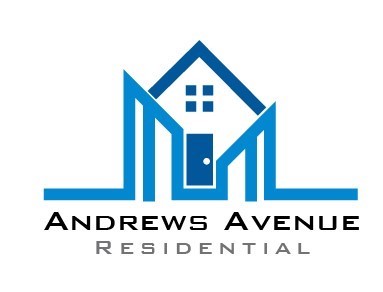Introduction to Real Estate Accounting in Apartment Management
Real estate accounting is vital in managing apartments efficiently. It involves keeping track of financial transactions, budgets, and reports related to property management. By implementing real estate accounting practices, property managers can effectively monitor expenses, rents, and profits, ensuring the financial health of the property. This allows for better decision-making, accurate forecasting, and overall smoother operations.
Importance of Efficient Accounting in the Real Estate Sector
When managing apartments, efficient accounting is crucial in the real estate sector. Here’s why:
- Efficient accounting helps track expenses accurately, ensuring financial stability and transparency.
- It enables proper budgeting, allowing for better decision-making and effective resource allocation.
- Timely and accurate financial reports aid in assessing the performance of apartment properties.
- Streamlined accounting processes help in identifying cost-saving opportunities and maximizing profits.
- Good accounting practices ensure compliance with regulations and minimize the risk of financial errors.
Streamlining Financial Processes for Apartment Management
Efficiency is key when managing apartments, and a crucial aspect is streamlining financial processes. By optimizing how money flows in and out, you can save time and resources – allowing you to focus on improving your property’s value and tenant experience. Here are a few ways real estate accounting can help you streamline financial processes for apartment management: integrating accounting software, automating rent collection, setting up expense tracking systems, creating standardized reporting formats, and regularly auditing financial records.
Implementing Accounting Software for Improved Efficiency
Accounting software can streamline your property management tasks by automating financial processes like budgeting, invoicing, and reporting. With real-time data access, you can make informed decisions swiftly. Moreover, software can reduce errors and save time spent on manual tasks like data entry. Automation simplifies rent collection, tracks expenses effectively, and enhances overall financial management.
Monitoring and Analyzing Financial Data for Informed Decision-Making
Real estate accounting involves keeping a close eye on your financial data to make smart decisions. By monitoring and analyzing your financial information, you can stay informed and make better choices for managing your apartments. Tracking expenses, revenue, and budgets helps you understand your financial health and where improvements can be made. It also allows you to identify trends and patterns that can guide your future strategies. Efficient financial data management is key to successful apartment management.
Ensuring Compliance and Accuracy in Real Estate Accounting
To comply with regulations, real estate accounting must be accurate. Errors can lead to fines and legal troubles. Automation software helps ensure accuracy by reducing manual mistakes. Separate accounts for each property simplify tracking income and expenses. Regular audits verify compliance and accuracy. Training staff on proper accounting procedures is crucial to maintain compliance.
Reporting and Performance Evaluation in Apartment Management
In apartment management, reporting and performance evaluation play a crucial role in understanding how well the properties are doing. By regularly assessing performance, managers can identify areas for improvement and track the success of various strategies. Reports are essential tools that provide insights into the financial health and operational efficiency of the properties. Performance evaluation allows managers to measure the effectiveness of their actions and make informed decisions for better management. These practices help streamline operations, enhance decision-making, and ultimately boost efficiency in apartment management.
Cost Reduction Strategies through Effective Accounting Practices
Accounting practices can help apartment managers reduce costs. By tracking expenses and income accurately, you can identify areas where you can save money.Implementing cost reduction strategies through effective accounting can lead to increased efficiency and improved financial management. Tracking expenses, creating a budget, and analyzing financial data can all contribute to lowering costs and maximizing profits in apartment management.
Training and Development for Enhanced Accounting Efficiency
In real estate accounting for managing apartments, providing training and development opportunities for your accounting team can significantly boost efficiency. By investing in ongoing education and skill-building, your team can stay updated on the latest accounting principles and practices, leading to improved accuracy and speed in financial reporting. Additionally, training programs can help your employees learn how to efficiently utilize accounting software and tools, streamline processes, and collaborate effectively within the team. Continuous learning leads to enhanced efficiency in handling financial tasks, which is crucial for successful apartment management.
Conclusion: Maximizing Efficiency through Real Estate Accounting
Real estate accounting plays a crucial role in apartment management by ensuring finances are organized and transparent. By employing sound accounting practices, property managers can track expenses, monitor income streams, analyze financial data, and make informed decisions to optimize efficiency. Efficient real estate accounting allows for better budgeting, timely rent collection, accurate financial reporting, and strategic planning. This ultimately leads to streamlined operations, improved profitability, and enhanced overall management of apartment complexes.


